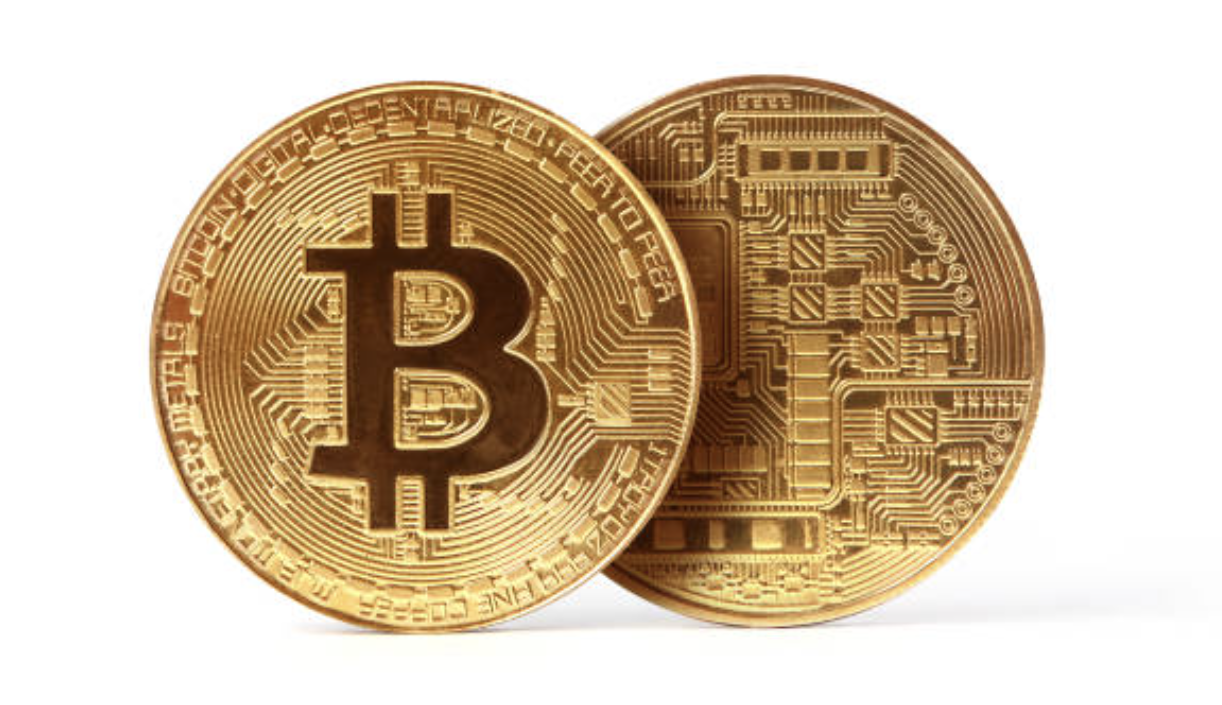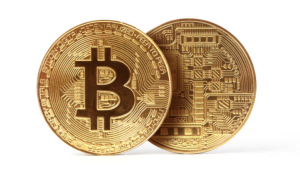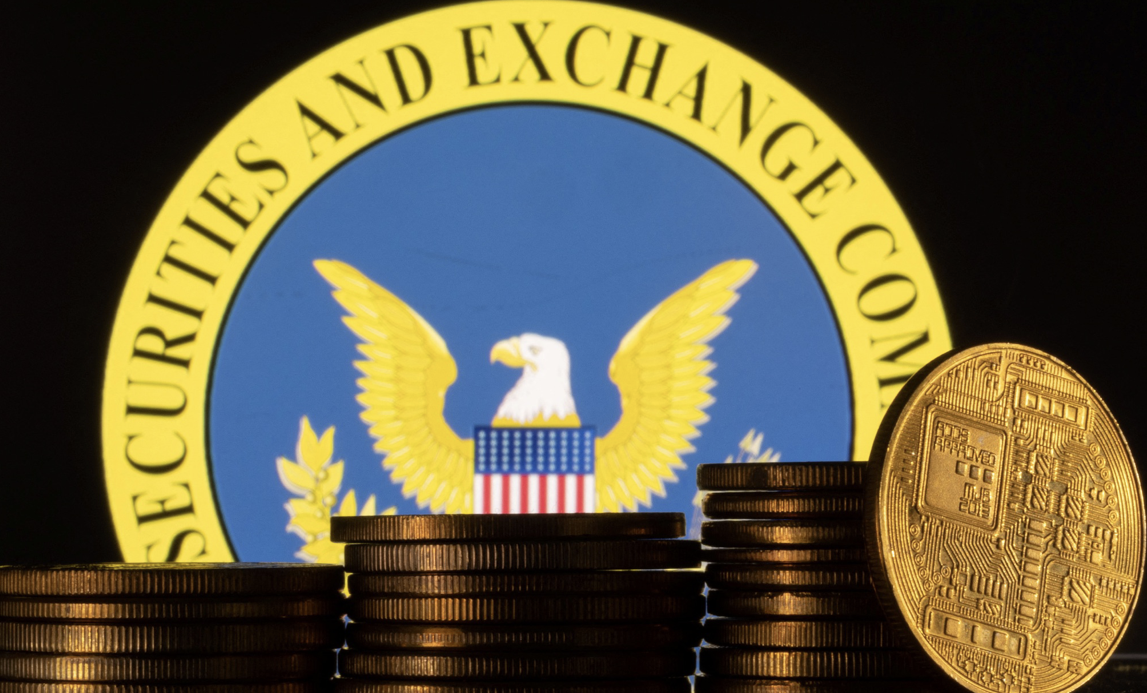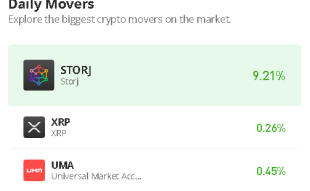Join Our Telegram channel to stay up to date on breaking news coverage
As the SEC’s crackdown on crypto institutions like Binance and Coinbase intensifies, industry observers have taken note of a particular distinction among the agency’s targets: the differentiation between Proof-of-Work (PoW) and Proof-of-Stake (PoS) tokens.
Examining the SEC’s Distinction – Proof-of-Work vs. Proof-of-Stake Tokens
The Securities and Exchange Commission has filed charges against the two largest cryptocurrency exchanges for offering unregistered securities, they have also publicly indicated which digital assets they are focused on and which ones they are not.
Steven Lubka, the Managing Director of Swan Bitcoin, stated that Proof-of-Work (PoW) coins are typically shunned due to their absence of a central issuer, which sets them apart from Proof-of-Stake (PoS) coins. Lubka clarified that PoW functions as an open mechanism without any central authority governing it.
The lawsuit against Coinbase identifies several cryptocurrencies, including Solana, Cardano, Polygon, Filecoin, and Sandbox, as securities. These tokens all fall under the category of Proof-of-Stake, which refers to blockchains that require validators to lock up tokens in order to validate blocks.
Coinbase’s Chief Legal Officer, Paul Grewal, responded to the SEC lawsuit by urging Congress to establish a regulatory framework for cryptocurrency transactions. He criticized the SEC’s enforcement-focused approach and expressed disappointment with their actions.
Barry Silbert, the CEO of Digital Currency Group, commented on the absence of Proof-of-Work tokens in the lawsuits, stating that none of them are included. The reasons behind the SEC’s emphasis on PoS coins, including Ethereum, remain unclear.
Proof-of-Work involves the mining process used by networks like Bitcoin, which requires hardware and energy consumption to validate blocks and receive rewards. Other cryptocurrencies, such as Monero, Litecoin, Ethereum Classic, and Dogecoin, also utilize PoW to secure their networks but have not been targeted in the lawsuits.
While SEC Chair Gensler has referred to Bitcoin as a commodity, the rationale for excluding these types of tokens from legal action remains obscure. Vineeth Bhuvanagiri, Managing Director of Emurgo, suggested that the SEC’s reasoning might be influenced by a coin’s popularity, while Brent Xu, CEO of Web3 bond-market platform Umee, noted a lack of public knowledge about the rationale behind this apparent trend.
Given Gensler’s stance on cryptocurrencies and his selective enforcement approach, it seems that certain Proof-of-Stake coins may face regulatory pressure unless they have connections to friendly parties.
Here’s Why the SEC’s Crackdown on Crypto Exchanges Is Shaking the Industry
The U.S. Securities and Exchange Commission (SEC) is taking strict action against cryptocurrency exchanges, as evidenced by its recent actions against Binance and Coinbase.
Binance, a prominent exchange with high trading volumes, has been accused of commingling billions of dollars of investors’ funds and diverting them to a European company owned by its CEO. The SEC has filed multiple charges, alleging deceptive practices, conflicts of interest, and deliberate evasion of regulations.
While Binance prohibits U.S. customers from trading on its main platform, it has provided a separate trading platform called Binance.US specifically for U.S.-based users. However, the SEC claims that Binance allowed certain high-value U.S. customers to access the international platform, misinforming them about the lack of trading controls on Binance.US. The SEC also accuses Binance and its CEO of mixing and redirecting customer funds while maintaining secret control over Binance.US operations.
In the case of Coinbase, the SEC has filed a lawsuit, alleging that the exchange evaded disclosure requirements designed to protect investors. The SEC claims that Coinbase traded at least 13 crypto tokens without proper registration. Coinbase has stated its commitment to continuing normal operations despite the lawsuit.
Binance has expressed disappointment with the SEC’s actions, emphasizing previous cooperation with investigations and accusing the regulator of prioritizing headlines over investor protection. Binance intends to defend itself vigorously and asserts that user assets on its platforms are secure.
Coinbase, which went public in 2021, experienced a substantial decline in share price following the SEC’s lawsuit. The company’s legal head criticized the SEC’s approach, stating that the U.S. is falling behind other markets in terms of developing regulatory frameworks for crypto.
Coinbase Refuses Change Despite SEC Charges
Coinbase has affirmed its commitment to retaining all listed assets and continuing its staking services, despite the U.S. Securities and Exchange Commission’s (SEC) allegations that several cryptocurrencies on the platform qualify as securities.
Chief Legal Officer Paul Grewal provided reassurance to users, assuring them that Coinbase will support these assets without any disruptions, maintaining a “business as usual” approach.
It is important to consider that Coinbase has previously taken actions based on regulatory circumstances, such as suspending XRP trading due to the SEC’s case against Ripple. Additionally, the exchange has removed Algorand from its staking options in the past, although these decisions might not have been directly linked to regulatory events.
While Coinbase intends to preserve its current offerings, ARK Invest, led by Cathie Wood, has capitalized on the decline in Coinbase’s stock value following the SEC lawsuit by purchasing approximately $21 million worth of shares.
On the other hand, Input Output, the developer of Cardano, has challenged its involvement in the SEC’s case, asserting that its ADA token does not qualify as a security, contrary to the SEC’s allegations.
Related Articles
- Coinbase Review
- Binance Review
- SEC Files Lawsuit Against Coinbase for Unregistered Crypto Broker Activity
Best Wallet - Diversify Your Crypto Portfolio
- Easy to Use, Feature-Driven Crypto Wallet
- Get Early Access to Upcoming Token ICOs
- Multi-Chain, Multi-Wallet, Non-Custodial
- Now On App Store, Google Play
- Stake To Earn Native Token $BEST
- 250,000+ Monthly Active Users
Join Our Telegram channel to stay up to date on breaking news coverage




